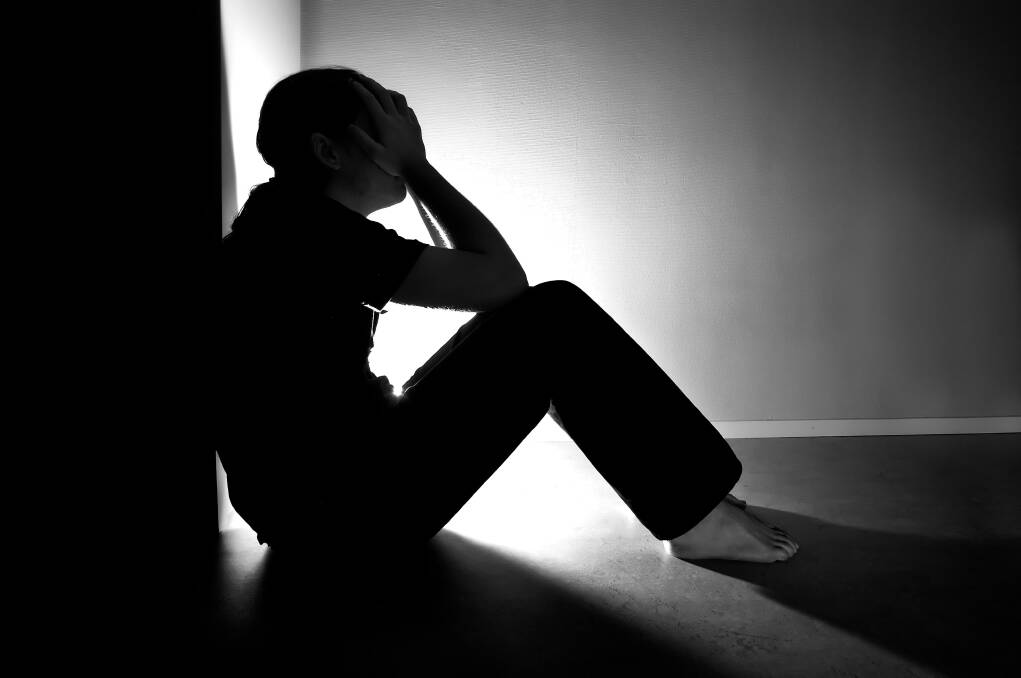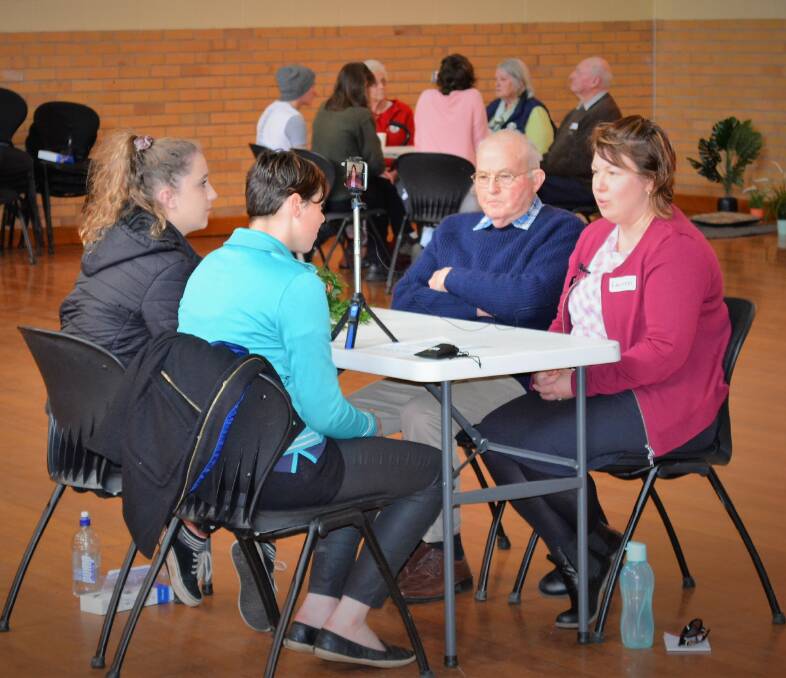
A lack of access to services is taking a toll on the mental well-being of young people in rural and regional areas, a new study shows.
Subscribe now for unlimited access.
or signup to continue reading
Hamilton-based National Centre for Farmer Health teamed with VicHealth and CSIRO’s Data61 on the study, which found a lack of mental health services, transport, reliable internet, education and jobs were creating a mental well-being gap between young people in rural areas compared with their metropolitan counterparts.
The data showed that the rates of deaths from suicide and self-harm among young Victorians living in the bush has risen from 11 in 100,000 in 2012 to 13 in 100,000 in 2016. People in regional areas were also more likely to use alcohol, cannabis and methamphetamines than those in the city.
National Centre for Farmer Health director Susan Brumby said it was critical that young Victorians also had access to services to maintain and improve their mental well-being.
“It’s distressing to see that young people in our regions aren’t getting the support they need and this lack of opportunities and services is a cause of higher rates of suicide and self-harm,” she said.
“This report shows there are not enough mental health professionals in the bush – the majority of psychiatrists and psychologists are city-based.
“Other issues like stigma, perceived and actual lack of confidentiality and anonymity, and services failing to understand issues facing regional and rural Victorians are all barriers to young people getting the care and support they need and deserve.”
VicHealth chief executive officer Jerril Rechter said while access in rural areas was an issue, community links were often stronger.
“Young people in regional and rural communities have identified one of the things they like most about their community is how people come together during difficult times like drought or fires,” she said.
“The report shows being part of a community group, like a sports club has great benefits for the health and well-being of young people in regional and rural communities.”
CSIRO’s Data61 senior research consultant Claire Naughtin said the report highlighted the need to improve technology access in regional areas to give young people better access to services, education and employment opportunities.
“Young people need reliable access to the internet,” Dr Naughtin said.
- If you or someone you know needs help, call Lifeline on 13 11 14.
Program helping to connect young people with their communities
A collaborative approach to youth well-being is making in-roads in the Corangamite Shire region.
A survey two years ago found about a quarter of the shire’s young people felt disconnected from their communities, sparking the We Know Your Name but Not Your Story project.

The 2017 pilot proved to be a success and this year the unique project has merged with the Building Resilience In Corangamite Kids (BRICKs) program to be rolled out to all year 9 students at secondary schools in Corangamite Shire.
As part of We Know Your Name But Not Your Story, young people interview community members, capturing their stories on video and editing them into a finished product.
Corangamite Shire youth mayor Lauren McIlveen, who took part in the pilot program, said in many small towns you could walk down the street and know everyone’s names, but not necessarily their story.
“I think it’s a great way of connecting, not only with people your own age, but also with people from different generations that you may not have otherwise had contact with,” she said of the project.
“(It helps to) introduce people to each other and build relationships between people who pass each other in the street but never actually meet.”
Ms McIlveen, 18, said young people could feel more isolated in regional areas.
“I think a lot of it is if you’re not a part of a community group or a sporting group,” she said. “If you weren’t involved from a young age it can be difficult as a teenager.”
Corangamite Shire youth projects and events officer Chelsea Hatherall said the latest We Know Your Name But Not Your Story video would be unveiled at the shire’s 2018 Youth Achievement Awards ceremony on Friday, November 23 at Camperdown’s Theatre Royal.
“We’re using storytelling as a way to broaden their connection to the community,” she said of the project.
More generally, Miss Hatherall said there were a wide range of reasons why young people in regional areas could have poorer mental well-being than those in metro centres.
“I think sometimes it can be as simple as accessing transportation to health services, or going to the GP can be harder (because of a lack of anonymity in small towns)," she said.
Miss Hatherall said online and telephone resources such as eheadspace and beyondblue could be useful for young people in regional areas who had difficulty accessing larger centres.














